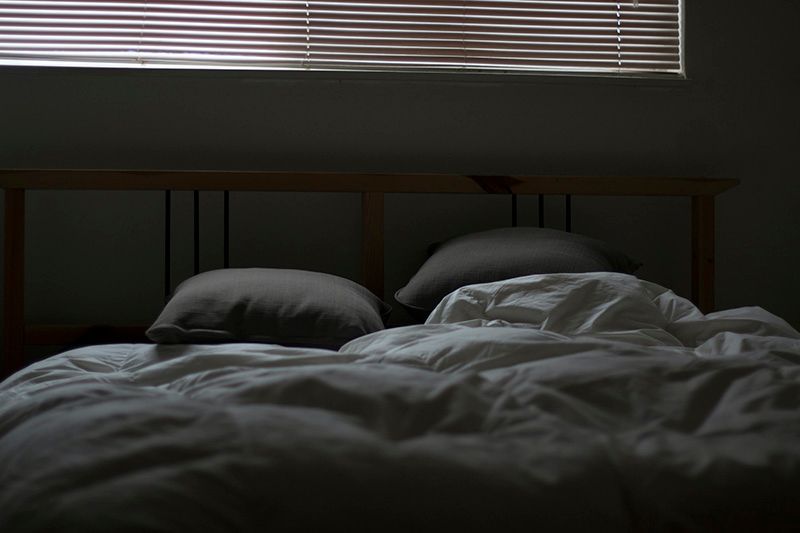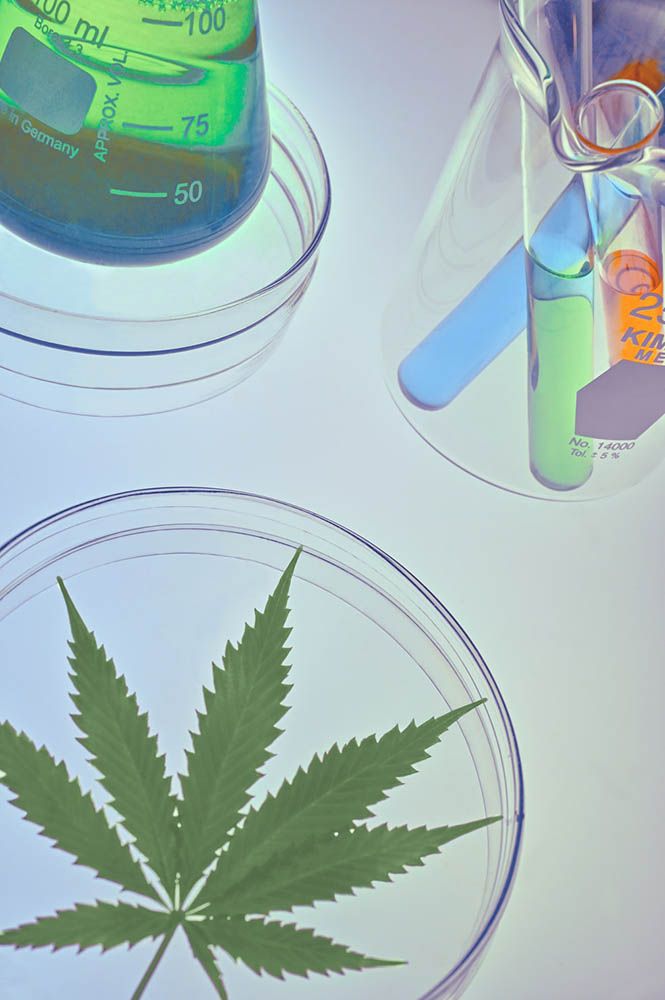The Ultimate THC/CBD/CBN Sleep Guide
A solid, good night's sleep helps in memory formation, to develop strong bodies through muscle and tissue repair, and can help prevent illness through a strong natural immune system. Experts recommend that adults get between 6 - 9 hours of sleep a day.
However, this isn't possible for many.
Insomnia is a dangerous, increasing trend across Canada and the US. About 30% of people report short-term insomnia (restless night), while 10% deal with long-lasting insomnia (multiple restless nights). Insomnia and other sleep disorders are adverse developments in our life cycle as they inhibit productivity, natural cycles and reduce the human mind's ability to act efficiently.
Insomnia affects our ability to focus on important aspects of our life, such as being productive at work, being present in conversations with our loved ones, and dozing off while driving (which is a major safety issue). 5% of Americans have dozed off while driving! A good night's sleep is necessary to have a healthy, functioning population.
What do sleep-deprived people typically take for sleep?
Most people do one of two things when it comes to being sleep-deprived. They either a) battle it out as long as they can until they hit a point of extreme exhaustion or b) take some medication to help knock them out.
For many generations, alcohol was the primary choice. Drink a bottle until you topple. Effective in putting you out but ineffective in keeping you healthy and energized the next day (which is literally the point of sleeping). With the rise of pharmaceuticals, we have seen people turn to sleeping pills or abusing benzodiazepines and barbiturates.

CBD during sleep
Cannabidiol, or CBD, is a naturally occurring cannabinoid found in hemp and female cannabis plants. CBD is not known to have any psychoactive properties. However, many users report that CBD has helped induce relaxation through decreased cortisol levels, potentially helping as a sleep aid for many adults.
THC during sleep
Tetrahydrocannabinol or THC is a concentrated cannabinoid found in the resin of cannabis plants. During sleep, however, THC tends to limit REM sleep in users. This is one of the reasons many cannabis users report minimal dreams (and nightmares).
For the average person, our dreams and nightmares are representations of our unconscious mind (thanks Freud). They help guide us subconsciously, giving hope or warning based on what our underlying feelings may be. For most of us, dreams and nightmares are entirely healthy and needed to keep ourselves balanced.
For PTSD patients, however, this is highly effective in reducing/eliminating flashbacks/memories and subsequent nightmares. Unconscious minds riddled with trauma can benefit from THC use during sleep.

What is CBN?
Cannabinol or CBN is a naturally occurring cannabinoid found in cannabis that is typically exposed to oxygen or UV light for an extended period.
THCA will eventually convert to a cannabinolic acid (CBNA). Through the method of decarboxylation, CBN is then derived from CBNA. Thus, you will mainly find a higher CBN content in older, aged cannabis.
CBN is found to be most effective when it is mixed in conjunction with CBD oil. As a result, many new products are coming out with a CBN and CBD oil mix. Recent research shows that a small amount of THC can also help improve the efficiency of the effects of CBN.
CBN's list of confirmed side effects is not currently known. Mainly due to the lack of funding and research on its medical uses. Some users report tiredness and dried mouth, similar to that of overall cannabis use. CBN is a useful alternative for those that may have allergies to other medications. It can also serve as an alternative sleep aid. We all have different bodies/systems that operate differently from each other. CBN can be the alternative to alcohol, benzodiazepine, and barbiturates for many people.
How do you take CBN?
CBN can be smoked, vaped, ingested the same as CBD/THC.
What If you don't smoke? What options are available to you?
Cannabis use is typically associated with smoking a joint or hitting bongs. However, if you don't smoke, there are still several other consumption methods that are readily available. CBN can be used in the form of oils, capsules, edibles, teas, vaporizers, and more.
Why haven't I heard about CBN before?
Ever since Nixon's failed war on drugs, we have seen funding for cannabis research disappear until recent years. A lot of the strides that have been made that show the medical benefits of cannabis have been done in the last 20 years.
Cannabis for recreational use is still the most popular, and stoners everywhere are mainly looking at THC percentage when their desired benefit is to get high.
In recent years, with the breakthroughs that have come from CBD research, such as its suppression of seizures, treatment of cataracts, and anti-inflammatory and pain management benefits, researchers and lawmakers are finally swinging around to learning and understanding the full capabilities and medical benefits of cannabis.
Are there other cannabinoids that can help?
There are currently about 80-100 cannabinoids present in cannabis (that we know of)! As funding and widespread acceptance grow with cannabis, we are excited to see what other medical breakthroughs will surface.
With Canada and the US dealing with rising severe drug use, opiate addictions, and subsequent distrust in big pharma, more people are looking at cannabis as an alternative and it has become easy to order weed online. Trials on CBG, for example, show success in promoting bone growth and reducing harmful bacteria in the body.
/fit-in/720x720/storage/images/blog/primary/cbd-sleep-guide.jpg)
/fit-in/400x400/storage/images/e73d4308-6902.jpg)
/fit-in/400x400/storage/images/5f073727-85c0.jpg)
/fit-in/400x400/storage/images/6c71812a-ee05.jpg)
/fit-in/400x400/storage/images/blog/primary/The definitive edible dosage guide.png)
/fit-in/400x400/storage/images/blog/primary/jCaALUz7UhRCrSDwbxYKRabVM5mJocp0Dx3Gb6g1.jpeg)
/fit-in/400x400/storage/images/blog/primary/CannabisSeedGuide.jpg)
/fit-in/400x400/storage/images/blog/primary/018.png)
/fit-in/400x400/storage/images/blog/primary/VR5F5pmSrzf3EGVZbunItPa7MfY5ZwaIdzFKiAXu.jpeg)
/fit-in/400x400/storage/images/c6515363-dec5.jpg)
/fit-in/400x400/storage/images/bcdb8671-f3c9.jpg)
/fit-in/400x400/storage/images/8d60e3d2-0603.jpg)
/fit-in/400x400/storage/images/f14bc308-3441.jpg)